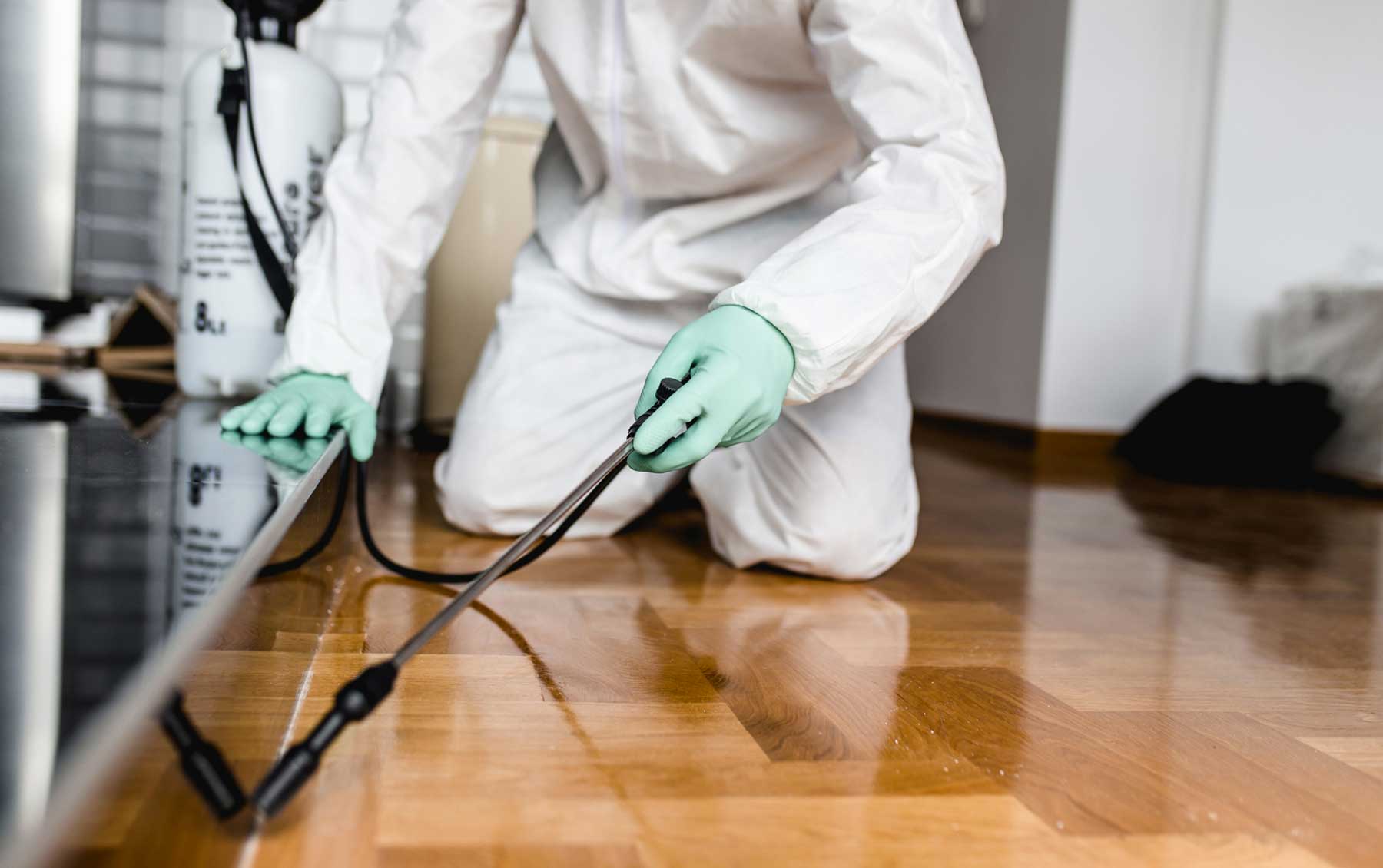Comprehensive Pest Control Services: Maintain Your Residential Or Commercial Property Pest-Free!
Comprehensive Pest Control Services: Maintain Your Residential Or Commercial Property Pest-Free!
Blog Article
Professional Insect Control Techniques for Long-Term Results
Specialist insect control methods envelop a comprehensive technique that begins with a detailed inspection and assessment, followed by accurate insect identification to comprehend their habits patterns. The application of Integrated Bug Monitoring (IPM) concepts, paired with eco-conscious therapies, develops the foundation of sustainable insect removal.
Assessment and Evaluation
Upon going into a building for parasite control solutions, the preliminary step is an extensive assessment and evaluation to identify the extent of the problem and establish one of the most efficient treatment strategy. Specialist bug control service technicians are educated to carefully examine the properties, seeking indications of insect task such as droppings, munch marks, nests, or any type of structural damages. They will also analyze the problems that may be bring in bugs, such as food sources, water leakages, or entrance points.

Insect Recognition and Actions

In addition, understanding the behavior of the identified parasite is crucial to carrying out efficient control steps. Knowing where parasites nest, what they feed on, and their activity patterns can help pest control specialists create techniques to remove them successfully. Some insects might be nighttime, while others are much more energetic throughout the day. This knowledge permits for the application of treatments at optimum times for optimum effectiveness.
Integrated Bug Management (IPM)
Integrated Bug Management (IPM) methods combine several strategies to control and stop pest invasions in a lasting and environmentally pleasant fashion. Pest control Washington DC. By termidor incorporating methods such as biological control, environment manipulation, adjustment of social techniques, and using resistant ranges, IPM intends to minimize making use of chemical pesticides
Among the vital concepts of IPM is the emphasis on prevention. This positive technique entails monitoring insect populaces consistently to spot any type of prospective concerns prior to they rise. By recognizing pest problems early, pest control steps can be carried out promptly and properly.
Furthermore, IPM promotes using non-toxic pest control methods whenever possible. This can include employing all-natural killers of the parasites, presenting beneficial insects, or insect control chemicals using pheromones to disrupt breeding patterns. By lowering dependence on chemical pesticides, IPM not just secures the atmosphere however likewise helps maintain a balance in the ecosystem.
Environmentally-Friendly Therapies
Applying eco-conscious approaches in bug control treatments can efficiently deal with infestations while prioritizing environmental sustainability. Environmentally-friendly treatments concentrate on lessening the effect of bug control techniques on communities, non-target microorganisms, and human health and wellness. These approaches often learn the facts here now involve using all-natural killers, such as ladybugs or nematodes, to control pest populaces, lowering the requirement for chemical interventions. In addition, methods like habitat adjustment, such as changing moisture degrees or eliminating food sources, can aid discourage pests without the usage of damaging substances.
An additional secret facet of environmentally-friendly treatments is making use of organic and naturally degradable items that break down promptly without leaving hazardous deposits in the environment. Organic pesticides originated from plants like chrysanthemums or neem use effective insect control while posturing minimal danger to non-target varieties. Additionally, utilizing approaches like heat treatments or scent catches can target particular bugs with accuracy, reducing the overall ecological influence of pest control practices.
Ongoing Monitoring and Maintenance
Normal assessments by skilled professionals are essential to identify any kind of indications of pest activity, examine the effectiveness of previous treatments, and make modifications to the pest control plan as required. By monitoring parasite populations over time, pest control specialists can track trends, prepare for prospective issues, and carry out preventive actions to lessen the risk of future invasions.
Along with surveillance, upkeep practices are crucial for lasting pest control success. This includes carrying out correct sanitation steps to get rid of possible food and water resources for pests, sealing entrance factors to protect against pests from entering the premises, and attending to any type of architectural concerns that can facilitate insect invasions (exterminator near me). By incorporating ongoing tracking and maintenance into an integrated pest management technique, companies can guarantee a pest-free atmosphere and protect their residential property versus expensive damage and health risks
Conclusion
Finally, making use of specialist parasite control strategies such as complete assessment and evaluation, accurate pest recognition and understanding of their actions, integrated insect management approaches, environmentally-friendly therapies, and continuous tracking and maintenance are important for achieving lasting lead to insect control. By implementing these approaches, people can efficiently take care of bug invasions and maintain a pest-free setting in a sustainable fashion.
Report this page